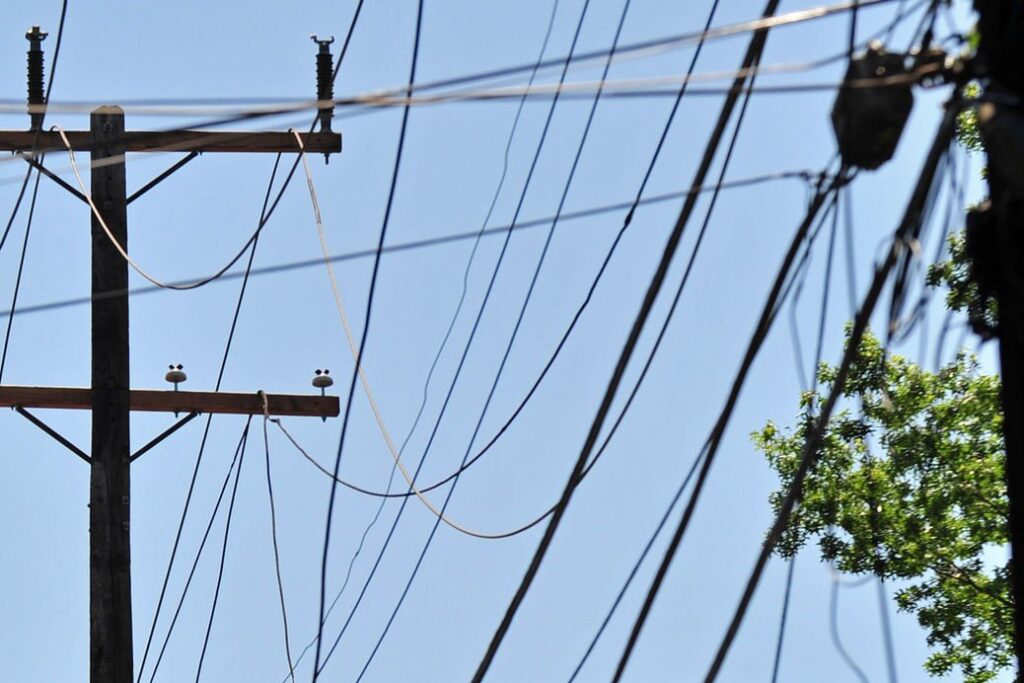FCC looks for to quit robocalls passing through customer ID authentication in older modern technology

April 28 (UPI)– The FCC wants to obstruct robocalls from bypassing ID authentication devices in older non-Internet Method network innovation.
Mass recordings promoting or marketing something are prohibited unless the person gives permission to be spoken to.
Yet defrauders have been able to go through older non-IP innovation and avoid digital fingerprints. These consist of cellphones and wired phones frequently transmitting percentages of information rarely.
On Monday, Federal Communications Compensation panelists by a 4 -0 vote moved on to ensure the digital IDs are not cleaned off of any kind of part of the telephone call path.
They accepted a Notification of Proposed Rulemaking to establish standards for evaluating whether frameworks satisfy the TRACED Act criteria. Commissioners desire service providers to frequently license their execution and would give them two years to comply after adoption of the brand-new policy.
The firm is looking for discuss implementation of customer ID authentication remedies and is trying to determine if this “opens the door for further improvements in the future,” the agency said in a press release
For the last 4 years, the FCC has delayed the TRACED Act’s due date for providers to implement a verification framework for non-IP phone calls.
“The STIR/SHAKEN caller ID verification structure is an important element– lengthy championed by the Payment– for tracking, blocking, and alerting consumers regarding malicious robocalls,” a news release claimed.
The innovation uses a customer ID system to verify whether get in touch with a provider’s network are genuinely originating from the number on screen.
In 2021 , major U.S. phone service providers– including AT&T, Verizon, T-Mobile and Comcast– were bought to carry out STIR/SHAKEN innovation to stop rampant spam calls.
STIR/SHAKEN are phrases for the Secure Telephone Identity Revisited and Signature-based Handling of Asserted Details Utilizing Tokens standards, with STIR standing for the procedure and SHAKEN the structure for tracking robocalls.
The FAA has been trying to punish robocallers.
Undesirable telephone calls dropped for the 3rd straight year, according to information released by the Federal Trade Compensation in November 2024
The 2024 edition of the Federal Profession Payment’s Do Not Call Computer System Registry Information Publication , first produced in 2003, shows grievances down by over half because 2021 They were 1 1 million unlawful robocalls in 2015, below 1 2 million the year before and 3 4 million in 2021
The computer system registry permits Americans to add their info to a checklist, restricting them from being gotten in touch with by telemarketers.
“In the years ahead, it will certainly be critical we proceed this progression by facing not just telemarketers yet those companies who intentionally make money from fraud calls,” FTC Bureau of Consumer Security Supervisor Sam Levine stated in 2024
In December , the FCC recommended a $ 299 9 million fine for Roy Cox Jr. and Michael Aaron Jones, that robocalled more than 550 million individuals offering misleading car service warranty services. TheFCC routed firms to schedule the telephone calls.






